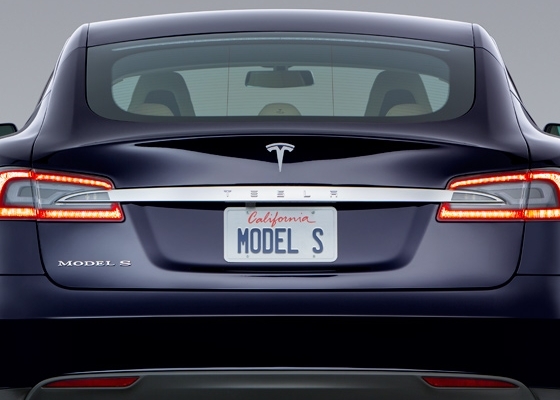Tesla Motors Inc. (NASDAQ: TSLA) will need to adopt some kind of a local dealership network in the United States if it is going to sell more than tens of thousands of cars a year. The logistics of selling cars without dealers is difficult. Too many states insist that dealers be conduits for new car sales. And too many consumers want a place, with an address and a building, to go to buy and fix their cars. Tesla will need a partner that has a large dealership network, so it does not have to incur those costs itself. Without a doubt, Tesla will have a U.S. partnership with a major manufacturer before the end of 2014.
Tesla has several good reasons for rejecting the dealership path. It sets quality control, both in terms of how it handles new customers, and maintenance and repair for existing ones. Dealer service for all manufacturers ranges from excellent to poor, and some of the performance is beyond the daily control of the car companies.
Tesla does not have to pay a middle man. Its sells a car. It collects the purchase price. The government takes whatever cut it is due. In theory, Tesla’s margins, based on percentage of sticker price, are better than those for most other manufacturers. Changing that only makes Tesla less profitable, and less attractive to Wall Street.
The side of the argument that Tesla needs a dealership partner is the decades over which Americans have purchased cars through dealers, and extent to which those dealers are entrenched, the services they can provide customers and the laws in place to protect them. Tesla can try to wait out state officials, across dozens of states, or it can decide passing up hundreds if not thousands of sales is poor business judgment.
Because Tesla will create a car dealership, its hardest decision will be which existing manufacturer to pick as a partner. The company will have to be very large. Niche manufactures like Porsche and Audi likely think the Model S and less expensive models on the way compete too much with their own products. And other high-end companies like BMW and Mercedes have acknowledged that they have to build models to compete with Tesla. Narrowed down, that leaves very few dealer networks that have luxury models, but would not view Tesla as a rival. Among a very few others, that leaves the Lincoln division of Ford Motor Co. (NYSE: F). It has been in trouble for years. A relationship with Tesla might give its image a lift.
And no one is going to buy a Lincoln over a Tesla.
It’s Your Money, Your Future—Own It (sponsor)
Are you ahead, or behind on retirement? For families with more than $500,000 saved for retirement, finding a financial advisor who puts your interest first can be the difference, and today it’s easier than ever. SmartAsset’s free tool matches you with up to three fiduciary financial advisors who serve your area in minutes. Each advisor has been carefully vetted and must act in your best interests. Start your search now.
If you’ve saved and built a substantial nest egg for you and your family, don’t delay; get started right here and help your retirement dreams become a retirement reality.
Thank you for reading! Have some feedback for us?
Contact the 24/7 Wall St. editorial team.




